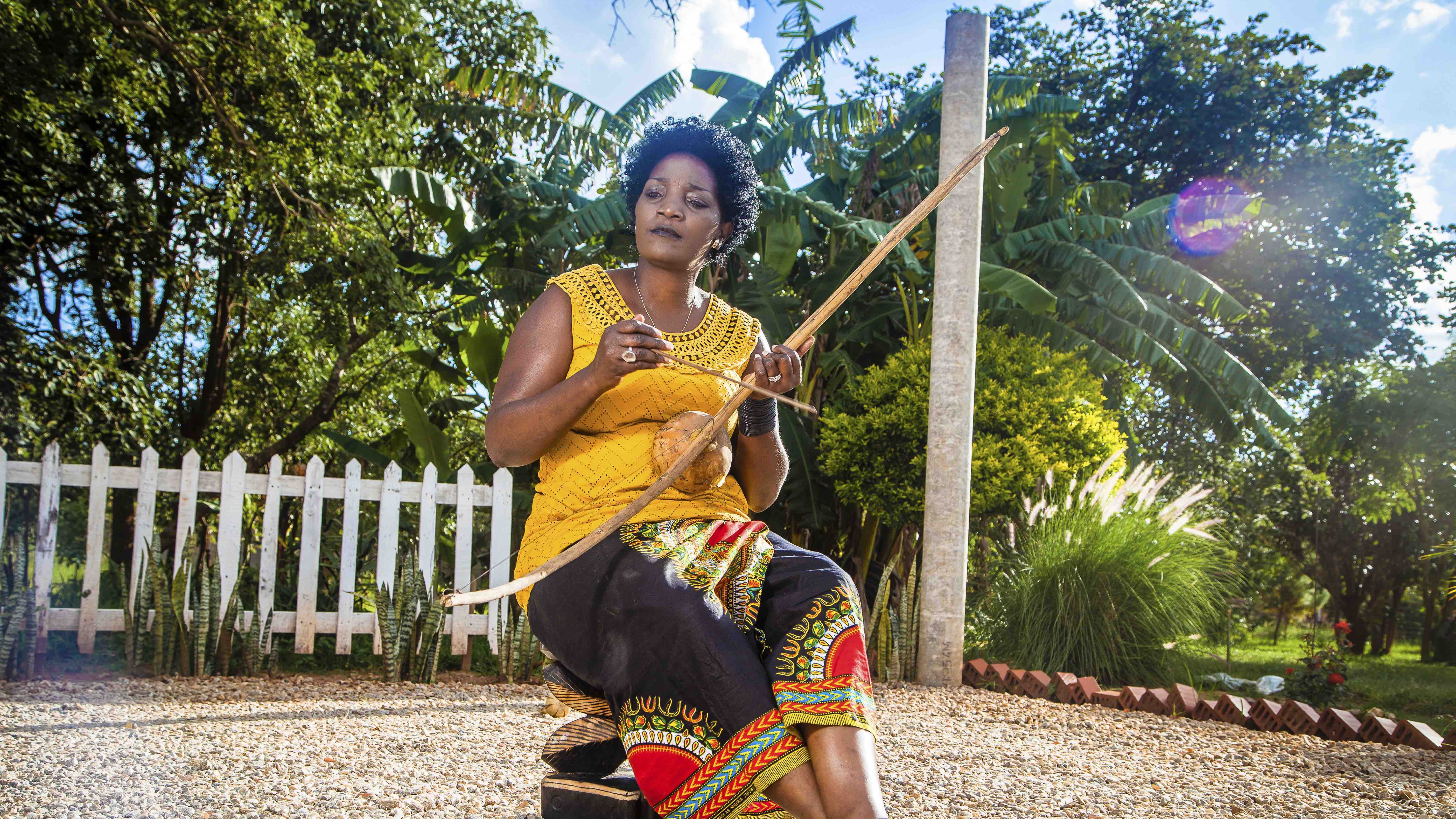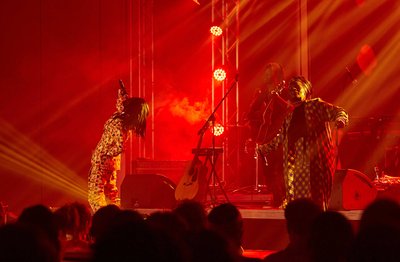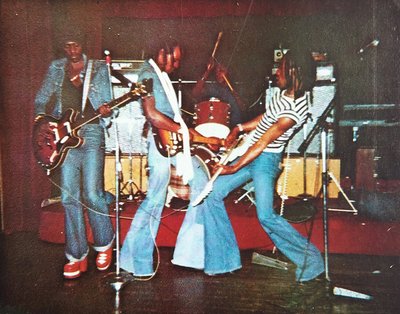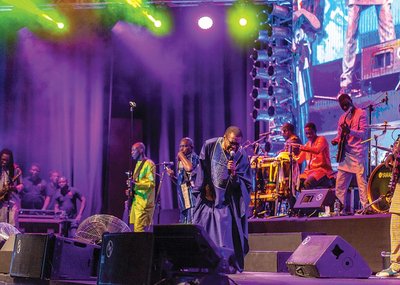Maureen Lilanda is a household name when it comes to the Zambian music industry. Despite having graced the stages of many international music festivals, this local icon has managed to maintain a certain mystery about her.
She describes herself simply as a proud mother and grandmother. “Maureen Lilanda is born and bred in Zambia. Schooled here. Married here. Worked all my life here. Basically that’s Maureen; the musician and now part time farmer.”
Her first foray into music was when a talent spotter approached her from Ridgeway Hotel. She would go for the open mic sessions infrequently until she had finished school when she would be able to go more often. Maureen soon became the vocalist of the Central Club band under the wing of her first mentor guitarist Ken Chandia. Due to her desire to keep her new career hidden from her father Maureen needed a constant flow of excuses to meet her obligations.
Each time she had a performance she would leave home under the guise of going to spend a weekend at her sister’s home. She concertedly avoided media exposure for as long as she could. While she was successful in hiding her growing fame from her father for six years, it did come at a cost. “Whenever someone would ask me to be on TV I would say no. Which is unfortunate because in later years people don’t have the footage to be able to compare my early years and now” she recollects.
“After a while I left the band and there was a seafood festival Intercontinental [Hotel] used to run. And Jane Osbourne was the headlining act but she couldn’t make it. So I received a call from the hotel to headline the festival. Up to then I had been so used to being in the band and not the front person. And he sat me down and made me an offer. It was a lot of money, especially for a young girl like me, but I just couldn’t do it. Then he said, “Maureen, you don’t see what I see. One day the world will know your name.” That’s how Maureen Lilanda became a solo artist.”
It was the biggest platform of her life at the time, and a wonderful opportunity. Yet it meant she could no longer run away from the fame she had been trying to escape. “The next day the Daily Mail carried a headline ‘A Star Is Born’. And I knew it meant that a star would also be killed. All hell broke loose at home. I think that’s the first time we ever had such a serious talk at home.”
Her decision to pursue music was not as gladly received, as she would have hoped. “My father was a disciplinarian. Coming from a middle-class family in the 70s and 80s, music was associated was those who had dropped out of school. So for him it was really heart breaking that I had decided to take up music because I wasn’t doing poorly at school. But eventually we reached a compromise. I had already passed up the chance to go to university so instead I went to Evelyn Hone College. And once I obtained my diploma, he very reluctantly let me pursue music. And even then it took some years for him to recognise me as an artist.
“I remember the year vividly. It was 1996 and he was introducing me to a friend. He said, “This is Maureen Mukuka,” Mukuka is my married name. “This is Maureen Mukuka the artist.” And I was so taken aback, in his entire life, that was the first time he had acknowledged that I was an artist.”
In hindsight though she fully accepts where her father’s concerns were coming from. “I know some of his fears were I would end up a junkie or drunkard. There was a time when certain artists would do a gig for a crate of beer and so many male artists being surrounded by so many women. So he thought fame may make this young girl, because I was only 15 at the time, fall into these vices as well.”
Despite her father’s disapproval, Maureen had a secret ally in her mother; she would encourage Maureen and even attend some of her shows. Despite passing on early in Maureen’s career her support was deeply encouraging.
Her career has come a long way since then. So much so that she is able to reflect upon the changes in the music industry over time. “If I had started doing my music now I would have told my father I’m ready to find a job. The money they are giving us now can’t be compared to those days. It’s peanuts. For me things are working in reverse. If I have a show, I know that I won’t have a dress room, so I need to dress up from home. I can’t afford dancers or other things I used to do. I believe in paying people well and not just sharing what is there. So for me to bring something back home I need to cut on costs.”
Remuneration is a major aspect of how the industry has changed over the years. Another one is the role of social media in the artist’s exposure and marketing. “Social media has really changed things and we are acclimatising to that. The marketing and purchasing and booking have all changed with social media. Social has really done an injustice to the music sector.”
The indirect effect of social media and media in general has also been felt. “It saddens me that, yes the only things constant is change, but Zambians change too quickly. And they adapt too fast. So today they want to sound American. Then Nigerian. What got me the ticket to travel around the world was sticking to my roots.”
“When I started I would travel and be introduced as a Zambian artist. And when I began I was a jazz singer. And the biggest complaint about me was, “You said you were bringing a Zambian artist but she sounds American. She sounds like Whitney Houston.” And to me that sounded like a compliment. Not knowing it was counter productive. The more I travelled the more I was criticised. Until the time I released my third album Evolution. Then I made a conscious decision to do traditional music. Well researched. And I found people just love the sound. Even though the didn’t understand some of the languages I sang in they appreciated it.”
In her long and storied career few can accuse Maureen of being inauthentic. Her longevity and continued relevance testament to the appeal of local music. With the numerous changes the industry is undergoing one can only hope this remains a second constant.








